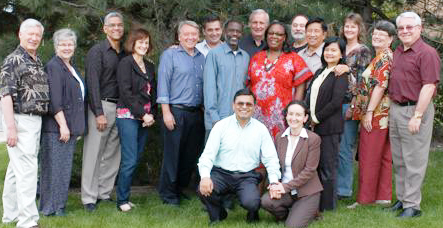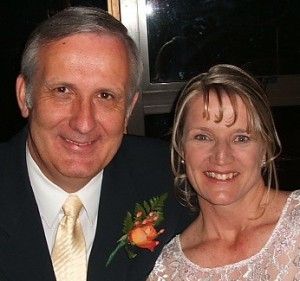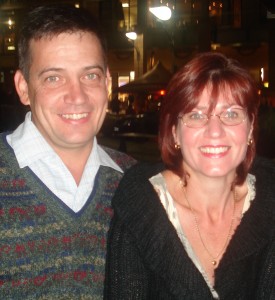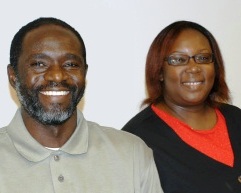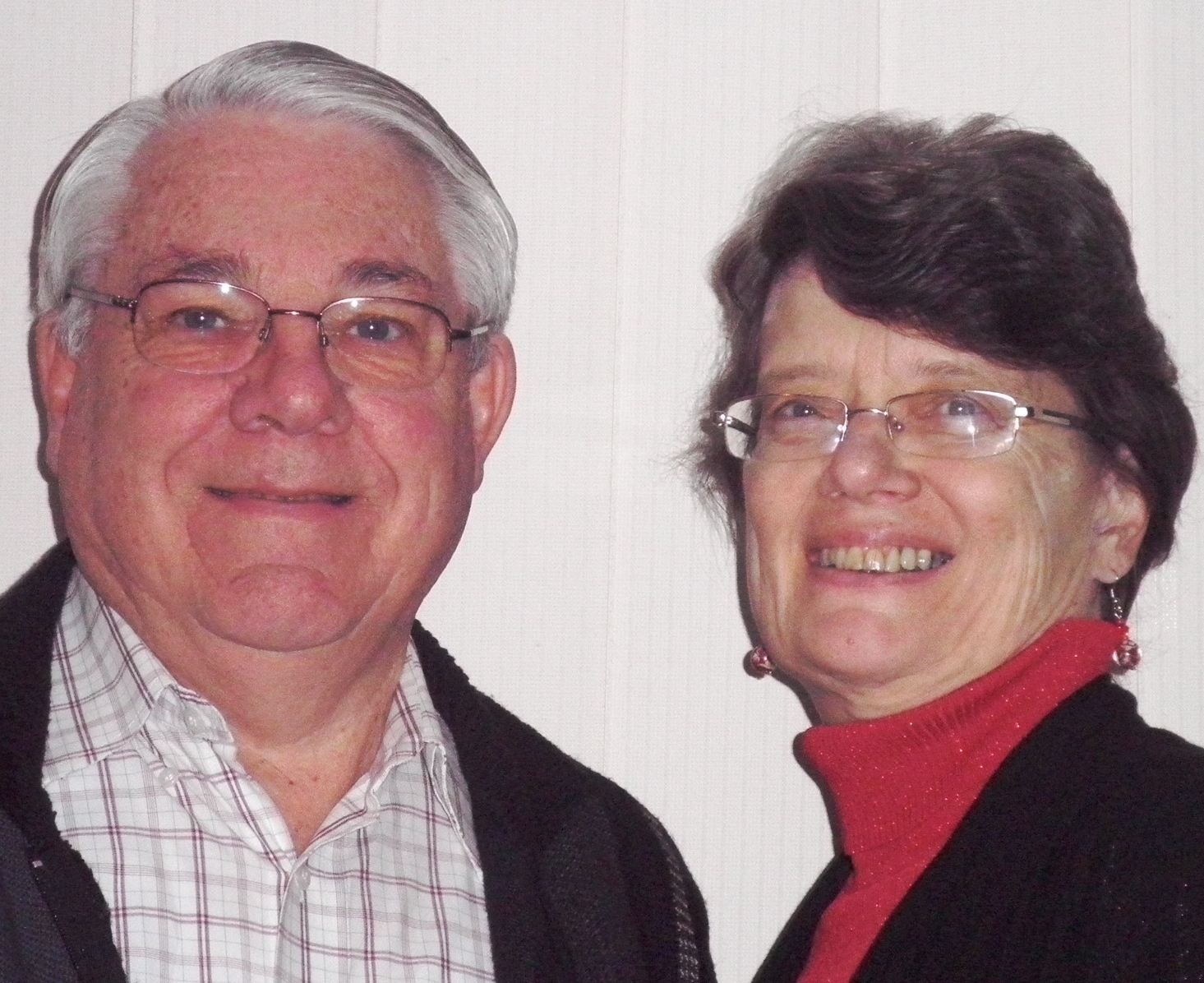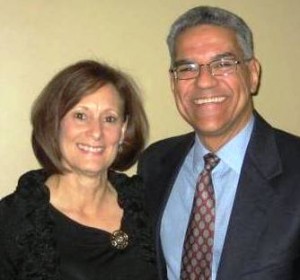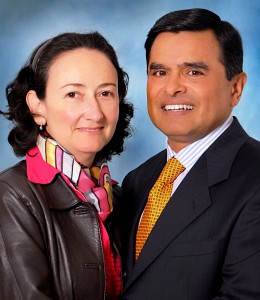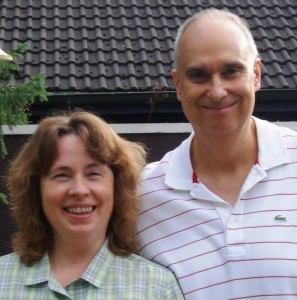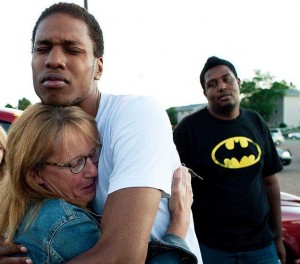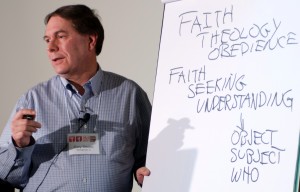Dear Brothers and Sisters in Christ,
 I have had a busy week. I began it in Indianapolis, joining our church there for their 50th anniversary celebration. The Indy church is one of our oldest congregations, established in 1962. A few of the people who attended that first meeting were present – including yours truly. My parents were attending in Chicago at the time, and we all drove down for the inaugural service. I was a just a young teenager at the time and would never have believed I would be coming back half a century later as guest speaker.
I have had a busy week. I began it in Indianapolis, joining our church there for their 50th anniversary celebration. The Indy church is one of our oldest congregations, established in 1962. A few of the people who attended that first meeting were present – including yours truly. My parents were attending in Chicago at the time, and we all drove down for the inaugural service. I was a just a young teenager at the time and would never have believed I would be coming back half a century later as guest speaker.

Indy’s first pastor, Carn Catherwood sent an inspiring video message. Pastor David Perry also gave a short but effective presentation highlighting the past, present and future of the church. Under the leadership of David and Jonnie Perry, the Indianapolis congregation is active in outreach, enthusiastically supporting projects in Haiti, Mozambique and many other places.
After Indianapolis, I drove across to Cincinnati, Ohio, where I was able to spend some time with Rick Shallenberger and the local ministry. Greg and Susan Williams were also visiting. One of Greg’s responsibilities is to coordinate our Pastoral Intern Program, so we were able to spend some time in an impromptu and informal conference, discussing several aspects of the future of GCI.
I flew back to California on Wednesday, in time for a conference with Gary Deddo, Russell Duke, John Halford, Nathan Smith and Michael Morrison. We work together in various media-related projects, often via email. Email has transformed the way we collaborate on projects. It is no longer necessary for people on the same team to be in close proximity. However, I have learned that for this collaboration to work well, occasional “face time” is important to maintain positive relationships. We spent two constructive days, including time to laugh, reminisce and enjoy meals together. This was also an opportunity to introduce Gary to our Glendora staff.
One of the reasons we met together was to discuss the contribution Gary would make now that he is full time in our employ. Gary’s long experience as an editor with InterVarsity Press will help us take advantage of the innovations and advances that are transforming media. He came with a long list of ideas, which can open up some exciting possibilities. We discussed “all kinds of ideas for all kinds of projects using all kinds of media.”

Although many of us are older, we must never forget our responsibility to the younger generations who one day will take over the leadership. In that regard, Ted Johnston sent me an interesting blog post from Thom Rainer, president and CEO of LifeWay Christian Resources. Thom notes that whereas the majority of the younger generations in the U.S. are not actively interested in Christianity at this time, those who are interested are really turned on. They want to be active in their faith. Thom also notes that parents and churches had a vital role in nurturing and building the faith of young people. I think you will find this post to be particularly thought-provoking. You can read it at http://www.thomrainer.com/2012/08/the-parental-factor.php.
The varied activities of this last week reinforced in my mind the fact that GCI is not only multi-national and multi-cultural. We are also a multi-generational church. We have people who have been members for over five decades, and also younger folk just starting out on their Christian walks. Anthony Mullins, who leads our Generations Ministries summer camp program, has sent positive reports from the directors of this year’s U.S. camps (we have featured several of these reports in recent issues of Weekly Update). These reports indicate that we have many hundreds of young people who are eager to play their part in our ministry with Jesus. We must invest time and resources preparing them for their future, even as we remember our past, as we did last week in Indianapolis.
These are indeed challenging and exciting times to be involved in ministry with Jesus. It’s a joy for me to to share this journey with all of you.
With love, in Christ’s service,
Joseph Tkach





